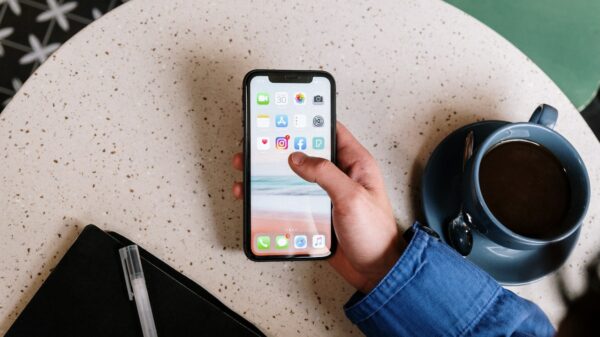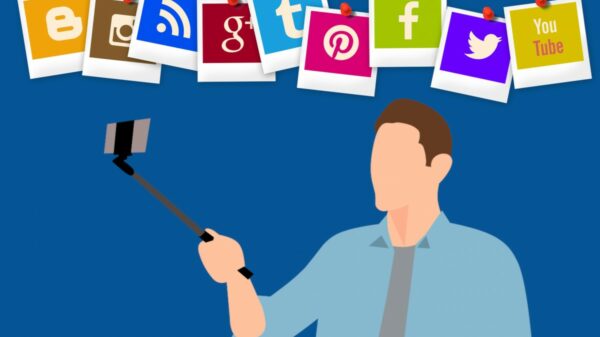It’s become a big part of our lives for one reason or another, and has changed the way in which we communicate with one another and the wider world. It’s safe to say that without the internet, life would be completely different; almost unimaginable, some might say. Ever since its popularity started to mushroom in the mid 1990’s, millions of us have logged on.
The internet is a tool that Brits have taken to their hearts in their millions, but what do they use it for? Among the most common uses are:
- Communication via social media channels, instant messaging and email
- Online shopping
- Accessing the latest news
- Looking for a new job
- Playing games
Increasingly, people are using more than just their computer or laptop to access the web. Smartphones and tablets are now just as good for accessing the net, especially when watching TV or on the train during the commute to or from work.
Checking the news
It seems that for many of us, our first port of call for the latest news is the internet, irrespective of which device we’re using to access it. A survey by Ladbrokes Bingo showed that 86% of us get our news from the net, with some sites proving overwhelmingly popular. The most popular online news source in the UK is the BBC News site, attracting four times as many visitors as that of the Daily Mail.
Another intriguing fact that arose from the same survey was that many of us choose to communicate using a second device while watching TV. This might be to take to social media, to send e-mails or even do some work while having their favourite show in the background, but this is largely due to the proliferation of hi-tech tablets and smartphones.
Password pain
One of the biggest problems for many people when using the net is remembering all their passwords for different social media/e-mail accounts. As a result of that, 42% of people said that they had forgotten their passwords, which can be equally embarrassing and frustrating. As proof of how cautious some of us are when online, 73% said they had never downloaded anything illegally.
Something else that can be gleaned from the online habits of Brits is that some of us choose to visit just a handful of websites. It seems that people are two times more likely to choose the BBC website over Facebook if told they could only ever visit one site, which is good news for the public broadcaster’s publicity team!
Thanks for reading this article. If you're new here, why don't you subscribe for regular updates via RSS feed or via email. You can also subscribe by following @techsling on Twitter or becoming our fan on Facebook. Thanks for visiting!

























































































































































































